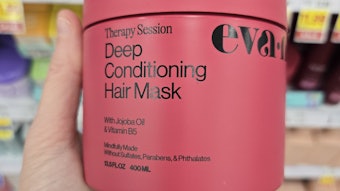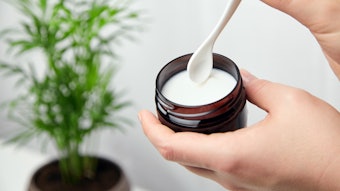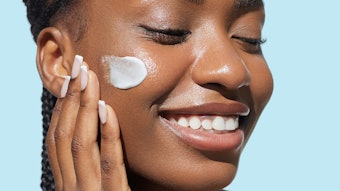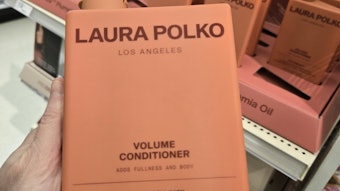A few weeks before I wrote this, it was a good friend’s birthday. So to celebrate, in true girlfriend fashion, we visited a local salon and day spa for a little pampering. She ducked away for a massage, but having a slight sunburn, I went for the haircut instead—nothing drastic, just some much-needed shaping to remove the frayed ends.
As the stylist cut away, we chatted about the ways hair becomes damaged and her suggested remedies. “You really need to have it trimmed regularly, like every four to six weeks to reduce breakage,” she said, adding “and there are many products out there to protect hair from heat styling and color fade.” (She had noticed my sunburn.)
I enjoy conducting my own research like this to hear from professionals who interact with the products developed by our industry, as well as the consumers who use them. My stylist noted her customers regularly dye and straighten their hair, so they need extra conditioning.
This typical overall summer experience for me—i.e., a little sunburn; lots of dry, damaged hair; and maybe a slushy—strongly coincides with recent Cosmetics & Toiletries articles in that product developers have devised means of damage control for consumers like me. For instance, in Erazo-Majewicz et al.’s article, the authors assess the ability of cationic polymers to condition hair in a targeted manner, i.e. to hair’s ends, using attenuated total reflectance-infrared spectroscopy, confocal laser scanning and atomic force microscopy.
To reduce sunburn, Staniland and Hewitt describe a range of titanium dioxide-based dispersions designed to improve UVA protection, and Rodriguez et al. examine silicon microspheres to protect skin from UV, visible and infrared radiation. Finally, Schaefer investigates natural sun protection from English ivy nanoparticles.
In relation, Pugashetti and Maibach explore structural skin differences between ethnic groups, including pigmentation and response to UV exposure, and Harper et al. characterize environmentally responsive nanoparticles for delivery applications.
With the application of technologies such as these under way, my typical summer experience will surely change, all slushies aside.










